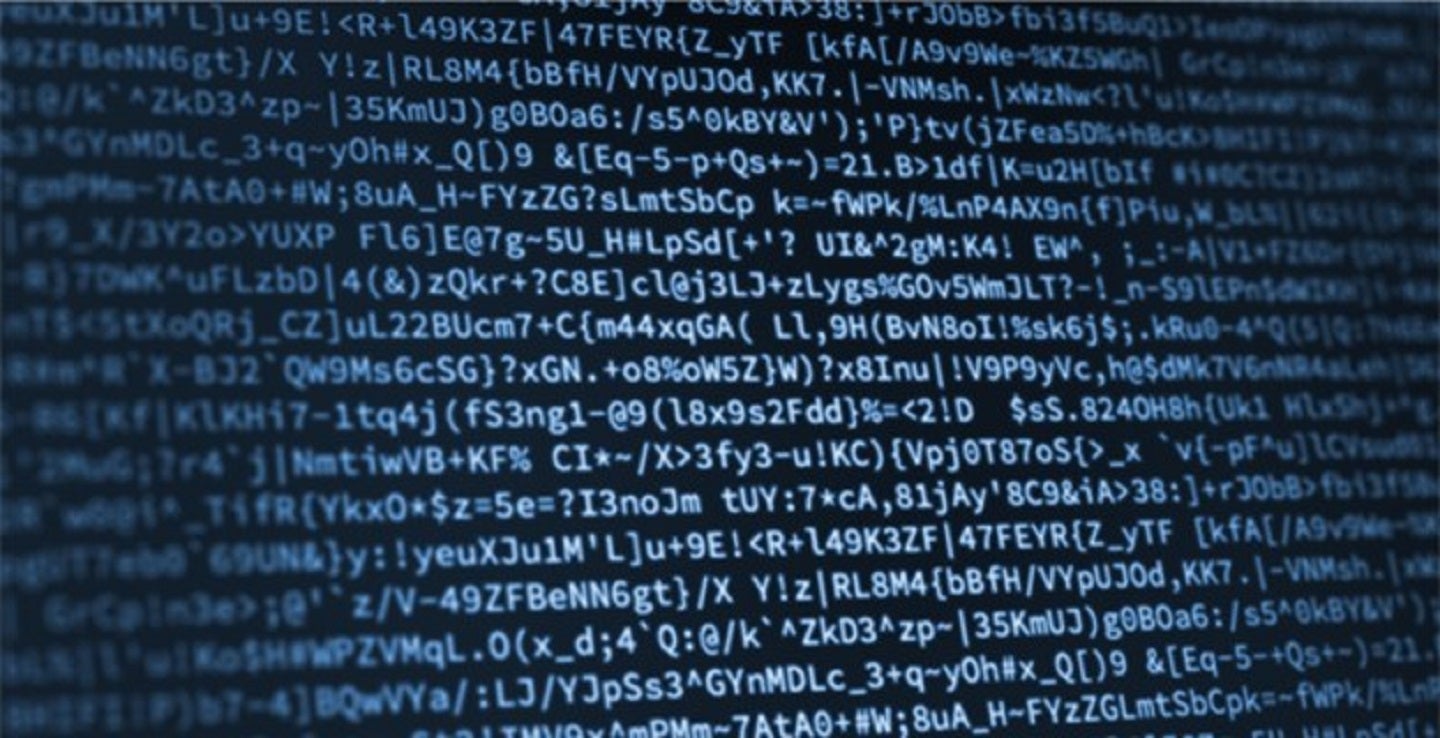
Two Spanish technology and engineering suppliers, Indra and Grupa Oesia, have each taken a 30% share of Epicom, a Duro Felguera defence company specialised in cryptographic solutions. Spain’s sovereign wealth fund, SEPI, owns the remaining 40% stake.
This financial backing will enable both investors to further their own development of new technologies, such as post-quantum systems, as well as new private-sector markets. Meanwhile, Epicom will be able to continue to evolve its technological expertise in encryption systems with the highest levels of security.
Preparing for revolution
This operation strengthens the position of both companies in a critical area for security and defence. It also guarantees national sovereignty in the key capacity of domestic, European and Nato encrypted communications. It also gives Epicom technological capacity and financial support, providing the company stability and growth and protecting strategic capabilities in relation to national security.
As we approach the quantum revolution – in which quantum computers harness the laws of quantum mechanics to solve problems too complex for classical computers – GlobalData expects the emerging technology to take effect within the next several decades.
GlobalData filings also reveal that the European market is mobilising for such a revolution. Top aerospace and defence players have mentioned the phrase ‘quantum computing’, these include: Safran, Rheinmetall, Leonardo (three times), Thales and General Dynamics this year.
Europe’s post-quantum cryptography solutions
At the moment, quantum computers can only do so much. Engineers have designed existing quantum devices to conduct experimental computations with limited commercial viability.
However, the potential is there. Epicom has its work cut out as fully operating quantum computers can use Shor’s algorithm to break encryptions, which has led to the development of quantum-resistant cryptography.
This algorithm will radically upend the modern encryption market, rendering the current RSA (Rivest-Shamir-Adleman) encryption solution, which secures internet communications, obsolete.
Indra’s CEO, José Vicente de los Mozos, stated: “Indra continues to strengthen its role as a driving force in the defence and security industry in Spain, supporting the growth and competitiveness of the entire industrial ecosystem.
“To this end, it is necessary to leverage capabilities, such as Epicom’s, which are critical for security and defence in an increasingly digital environment.”
Elsewhere in Europe, the French Ministry of Higher Education, Research and Innovation has committed to investing €23.4m ($24.7m) into its transition to post-quantum cryptography.
The Ministry pledged to expand its post-quantum cryptography while ensuring Europe predominates in the emerging sector:
“Recommendations for post-quantum cryptography have already been published, but have to be maintained up-to-date, [as] proposals received under this topic should contribute to developing co-ordinated European recommendations for the transition to post-quantum cryptography across the EU.”
Our signals coverage is powered by GlobalData’s Disruptor data, which tracks all major deals, patents, company filings, hiring patterns and social media buzz across our sectors. These signals help us to uncover key innovation areas in the sector and the themes that drive them. They tell us about the topics on the minds of business leaders and investors, and indicate where leading companies are focusing their investment, deal-making and R&D efforts.






